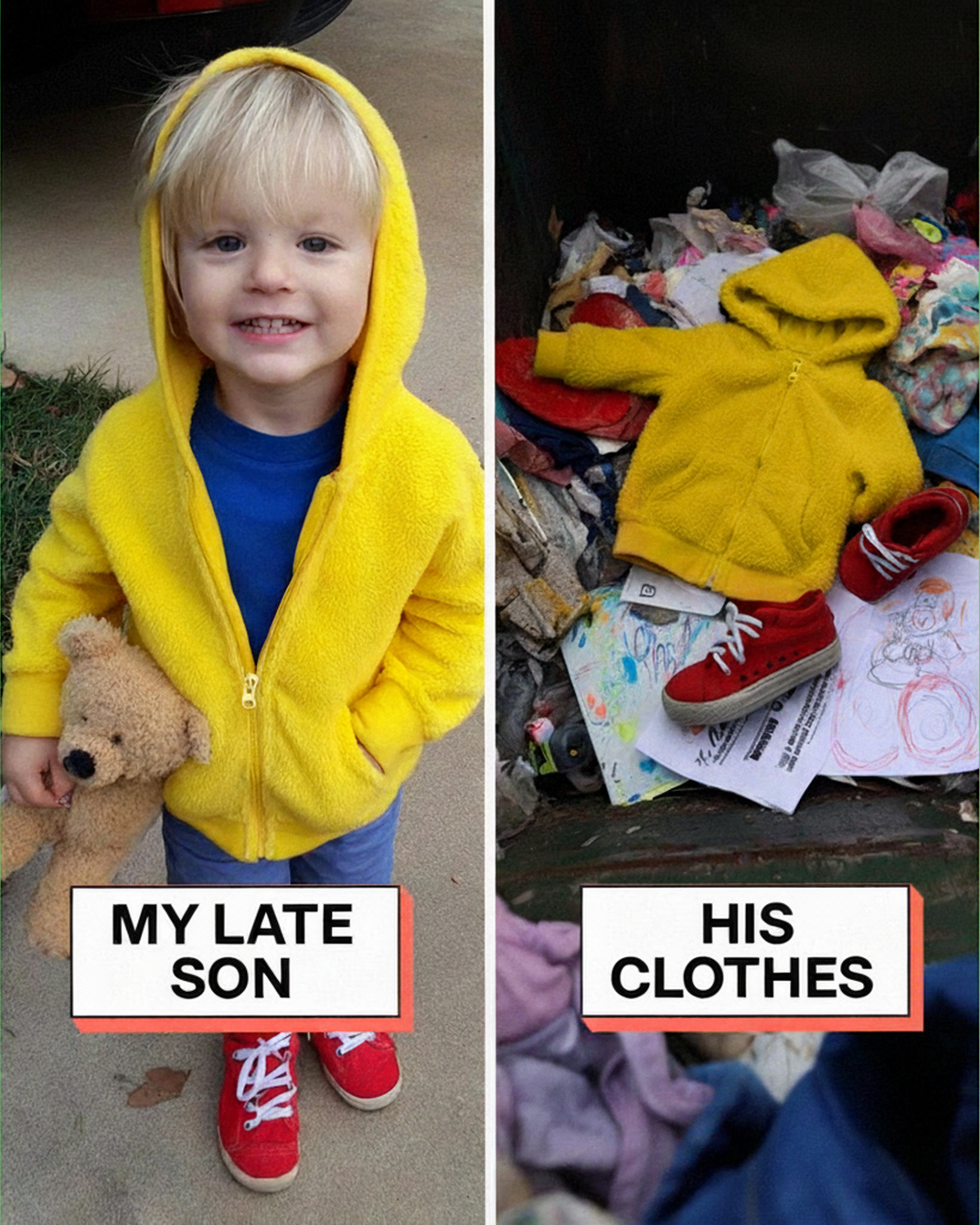Two years after losing my little boy, Caleb, I kept a small cedar chest filled with his drawings, tiny shoes, and the soft hoodie he loved most. Those mementos were all I had left to touch, a way to feel close to him when grief felt too heavy to bear. My husband, Ethan, understood that the chest wasn’t a refusal to move on — it was a bridge between heartbreak and healing. But his mother, Lorraine, saw things differently. She often told me that keeping his belongings was “unhealthy,” not realizing that love doesn’t disappear just because a life ends.
One afternoon, I came home to a silence that felt wrong. The chest was gone. After searching the house in panic, Ethan and I learned that Lorraine had thrown everything away, believing she was “helping me let go.” My knees gave out beneath me. It wasn’t just the loss of the items — it was the erasure of memories, the disregard for the small, sacred pieces of our son’s life. Ethan was heartbroken and furious, but I found myself too hollow for anger. I decided instead to help her see what she could not yet understand.
Weeks later, during a quiet family gathering, I played a short recording on my phone — Caleb’s sweet voice saying, “Goodnight, Mommy. I love you.” The room fell still. I told them gently that grief is not clutter, and memories are not anchors — they are reminders of love that endures. Ethan stood beside me, and together we helped the family see that healing doesn’t mean forgetting. Lorraine’s eyes filled with tears; for the first time, I could tell she finally grasped the weight of what had been lost.
From that day forward, we set new boundaries built on understanding and respect. Lorraine became quieter, more thoughtful, and though we still have distance to heal, there is compassion where there was once conflict. I still miss Caleb every day, but now I do so with peace instead of pain. His laughter, his love, and his memory remain with me — proof that even in loss, love continues to live, stronger than misunderstanding and untouched by time.
